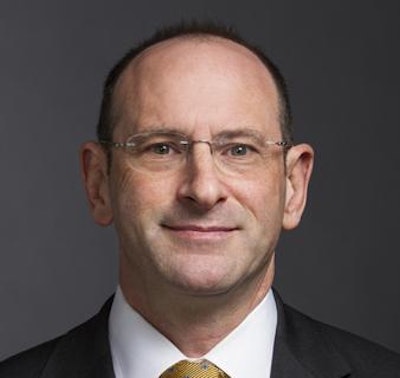
At press time, Dr. Scott Gottlieb had been appointed by President Trump to be the next FDA Commissioner, and was expected to be approved by the Senate and take over that job in May.
Though it’s called “‘commissioner,”’ which implies she or he is one among a group, there is only one head of FDA. Who the FDA commissioner is sometimes matters a lot, sometimes less so. Sometimes they see themselves as placeholders or managers, intending to keep the place running and hold the course steady. Other times, they have very specific ideas about what FDA should do and how it should do it, often reflecting the President’s philosophy, and in those cases they make rather dramatic changes. Expect Gottlieb to be the latter.
Gottlieb’s background is as a practicing medical doctor but more recently he has been a venture capitalist, investing in businesses. From 2005 to 2007, he worked at FDA as a deputy commissioner for medical and scientific affairs, and has held other roles in the federal government, so he has a long and deep history of thinking about public health policy issues.
Gottlieb testified before Congress as part of his confirmation process, recounted his background, including his own personal experience as a cancer survivor, and said his experiences “taught me the need for an absolutely objective regulatory watchdog over this field,” and presumably also over the others in FDA’s jurisdiction.
However, Gottlieb, who has in the past criticized FDA for overdoing it when seeking data on drug safety and effectiveness, said at the hearing that he thinks the agency could do better at making new product reviews quicker and still protect the public effectively. Some ideas for doing just that were incorporated in a law President Obama signed just before leaving office, the 21st Century Cures Act. Gottlieb told the Senate he wants to use FDA’s revised powers under that law to “lean forward.”
As might have been expected, Gottlieb was challenged at the hearing about having too-close relationships to the drug industry, as he has been an owner and investor in many such companies. He said he would recuse himself for a year from any FDA actions related to the companies with which he was involved.
It’s always useful to remember that FDA regulates pharmaceuticals, but also foods including dietary supplements, medical devices, biologicals such as vaccines, as well as cosmetics, animal food and drugs, radiological products, tobacco, and Bob Dylan records (just making sure you’re paying attention). It’s a truism that is beyond controversy that Congress has given FDA an enormous plateful of responsibilities and pretty much never gives it sufficient funds to do them all thoroughly.
It’s also a truism that there is always a natural tension between FDA’s role as a protector of consumers from unsafe or ineffective products on the one hand, and its role as a facilitator and driver of new products and technologies, especially drugs and devices, on the other. If you plant your flag all the way down on the consumer protection end of the scale, you’ll hear criticisms that you’re getting in the way of business. If you work harder to help business, you’ll hear that you’re hurting consumers. It can be a tough balance to strike.
Based on his indications so far, Gottlieb could strike the balance in a unique way: by aggressively addressing both sides of the equation and pushing for good science, but also for efficient and sensible operations as well. If that works, industry and consumers could both come out winners.


























